Keeping you informed
Newsletter Easter 2022
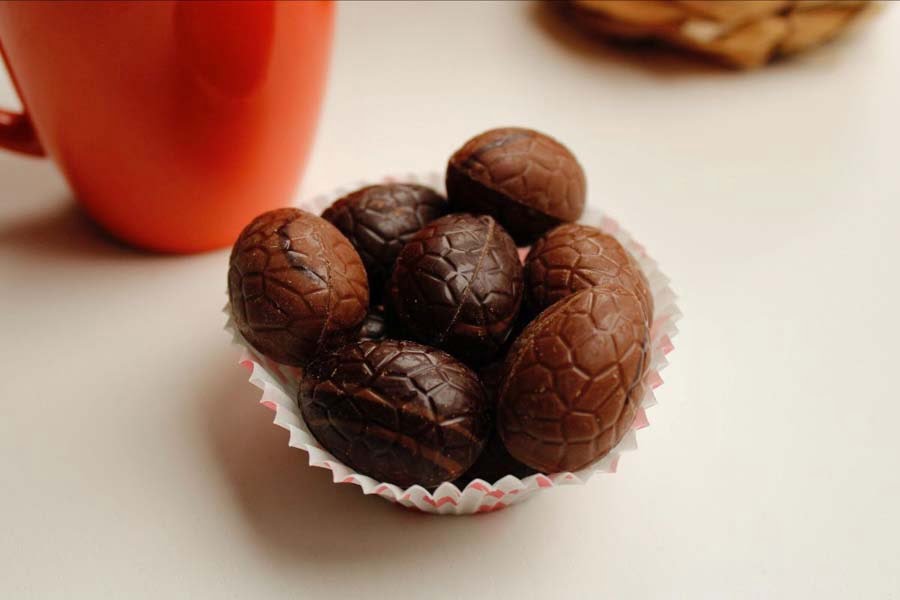
Practice News

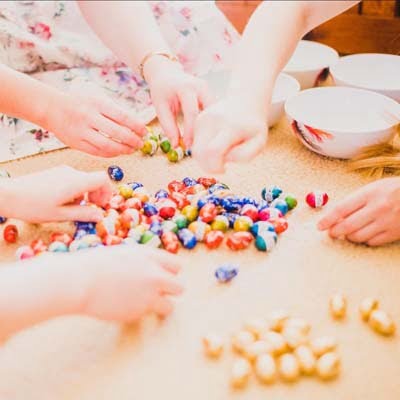
Well, the Easter holidays are just around the corner, so make way for muddy paws and raincoats as we expect a lot more rainfall to come! It is so important to keep an eye on your pets during Easter egg hunts this season to avoid any chocolate-shaped disasters! But it doesn’t end with just chocolate…Dr Gretta Howard has written an excellent article: “Beware of food that is toxic to your pet this Easter!” to help keep your beloved furry friends safe.
Remember our amazing Pet Behaviour Consultant, Katie Bedrossian, is available to help with any behavioural challenges facing you and your dog, whether it be pulling on the lead, excessive barking, or over-enthusiastic greetings and jumping up on people.
We had some great questions come through for our Ask the Vet section of our e-news, so remember if there is a question you really want to know the answer to about your pet, email it through to info@turramurravet.com.au to be included in our next edition.
The easiest way to book a veterinary consultation is to Book Online via our website at www.turramurravet.com.au or click here. Our vets are also happy to conduct a telehealth consultation where suitable, to allow extra flexibility for clients, particularly if you are isolating at home.
Beware of Food that is Toxic to your Pet this Easter!
Author: Dr. Gretta Howard – Senior Veterinarian
The Easter holiday period often involves sharing delicious treats and chocolate with friends and family, but this can result in disastrous consequences if you involve your furry friend in the fun.
Chocolate toxicity
Did you know that chocolate can be poisonous to dogs and cats? Depending on the amount consumed, chocolate consumption in pets can be life-threatening.
Clinical signs of chocolate toxicity include:
- Vomiting
- Diarrhoea
- Heart arrythmias
- Tremors and seizures
- Death
Dogs and cats have a low tolerance to the methylxanthine chemicals, theobromine and caffeine, found in chocolate. In general, dark and cooking chocolate are more toxic than milk chocolate, and the severity of clinical signs is based on the type of chocolate eaten as well as the weight of your pet. Our practice website has a chocolate toxicity calculator on our website to work out whether a toxic amount of chocolate has been consumed. This can be found at www.turramurravet.com.au/dog-chocolate-toxicity/.
Click here to learn more about foods that are toxic to your pets.
Keeping your Dog’s Environment Enriched for Life!
Author: Katie Bedrossian – Pet Behaviour Consultant
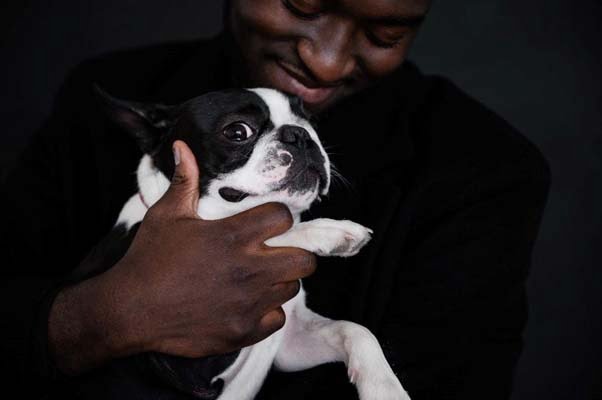
Did you know that mental enrichment is just as important as physical exercise for your dog?
It is also just as important for senior dogs as it is for puppies.
Mental enrichment can:
- Calm and tire puppies and adolescents more than physical exercise alone.
- Reduce inappropriate behaviour motivated by exploration, investigations, smells, sounds, sights and boredom.
- Slow down meals hence reducing the chance of gastric dilation (a medical emergency where severe stomach bloating occurs) and cause high food drive dogs to feel more satisfied.
- Reduce the incidence and severity of canine dementia.
- Increase bonding through mutual enrichment activities and through dog owning satisfaction.
Click on the link to read the Top 5 easy ways to mentally enrich your dog’s life.
Pet Of The Month: Sunny
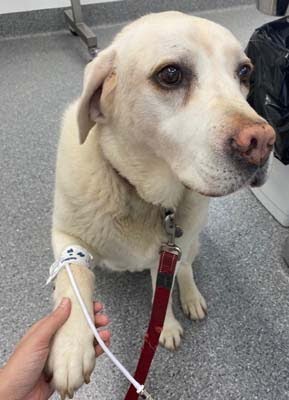
Meet Sunny!
Beautiful Sunny is on a special medication regime which requires frequent monitoring of her blood pressure. Little Miss Sunny knows the process so well that she helps the nursing team by offering her paw to be held so we can obtain an accurate reading!
This super special girl is known around Turramurra Vet Hospital for being a true ray of sunshine, providing cuddles for our team and sitting perfectly for all the treats she receives.
Staff Profile: Dr Pip Wines – Senior Veterinarian

1) What do you most love about being a vet?
Being a vet has always been my passion. I have always held animals dear to my heart and feel the privilege is mine to be able to keep them well and help heal them when they are not. If I had to name my favourite thing, and there are so many, it would be the moment when a pet who has been in hospital is reunited with their family. There is pure joy in their faces and those of their family. This moment reminds me of airport reunions when loved ones have been away. The joy at being together again is immeasurable.
2) Who are your furry family members?
We currently have 2 Border Collies, Minky and Frankie, and 3 ginger cats, Stopit, Goforit and Harold. Harold is our latest addition to the family and is probably about 12 weeks old now. He was rescued by a member of the public as a stray and has learned that our house is now his home. He is adored by my 8 year old daughter and is doing his best to make the other cats love him. He is still not too sure about the dogs though!
3) What is the most unusual item you have removed from a pet’s stomach?
The most revolting one was actually from a cat. I was suspicious this patient had a tumour of the stomach but his owners were determined that we do everything that we could. This involved investigating the problem surgically. What I found was a fur ball the size of a large grapefruit in the cat’s stomach. The revolting part about it, was that the fur was ginger, but this cat was black! He had ingested all this hair from the other cat in the household!!! Boy did it smell bad too! The patient made a great recovery and hopefully stopped over-grooming its mate!
4) What do you most enjoy about being a part of the Turramurra Vet team?
There is not enough time to mention everything that I could say here. The devotion of the entire team is without doubt the best part of being a member of the Turramurra Vet team. We laugh and we cry together. We collaborate and work out strategies for patients together as a team. The level of care for our patients is so high and we all know that we are working towards the same goal – to provide the best patient care together. The TVH team is more than just a team to me, they are my work family. Each and every person has a certain skill without which we wouldn’t be the same.
Feline Friends: Should I Clip my Cat’s Claws?
Author: Dr. Gretta Howard – Senior Veterinarian
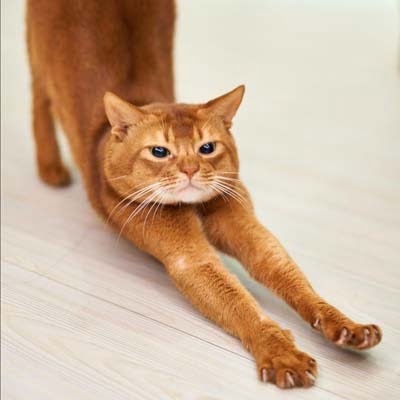
Whether or not to clip your cat’s claws depends on a number of factors including your cat’s activity levels, whether they live totally indoors or venture outside and the age of your cat.
Cats often use their claws to climb, which includes climbing trees to escape potential threats, so for outdoor cats, clipping your cat’s claws can potentially compromise their safety. Cats that spend time outside may also use their claws to fend off predators, such as another cat that enters their territory.
Usually, cats learn to scratch on surfaces, such as tree trunks (outdoors) or a scratching post (indoors) that help to shed the outside layer of their claw to prevent overgrown claws. Cats that live indoors should be offered a scratching post or surface specifically for this purpose. Some come in the form of cardboard in a cross-hatch pattern (Cardboard Cat Scratcher), which they absolutely love to scratch!
For households with wooden floorboards, offering an old piece of carpet for scratching purposes can be a source of great pleasure for cats.
Click on the link to learn more about clipping your cat’s claws.
Innovations: Using Pheremones to Calm your Pet
Author: Dr. Pip Wines – Senior Veterinarian
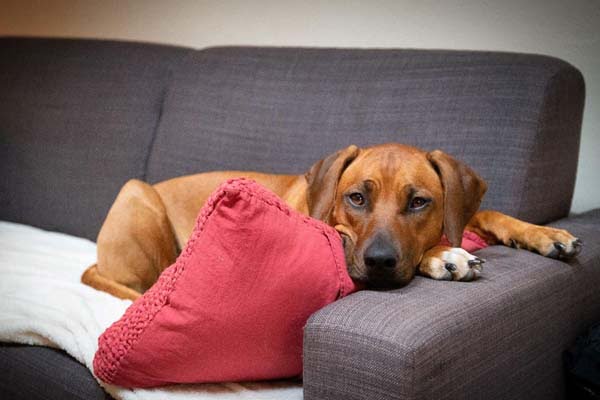
At Turramurra Veterinary Hospital, we know that bringing your treasured furry family members to see us can be stressful for both you and them.
We do everything that we can to reduce this worry. In our consulting rooms, treatment areas, hospital wards and cat boarding areas we use products called Adaptil and Feliway. These are products that release pheromones that have a calming effect on dogs (Adaptil) and cats (Feliway).
The pheromones used in Adaptil and Feliway are a copy of the chemical signals used between a mother and their offspring. They are odourless messages that provide security and comfort to animals of all ages. They can help your pet feel more relaxed and reassured in situations that may otherwise feel challenging.
We have found that using these products can also help anxious pets in the home environment that suffer signs of stress, such as urine marking, scratching, fighting and hiding in cats, or for dogs with separation anxiety, noise phobia and fear of travelling.
If you would like to know more about either of these, please ask our staff. They are available over-the-counter at Turramurra Veterinary Hospital as sprays, diffusers or collars.
Ask the Vet!
Author: Dr. Gretta Howard – Senior Veterinarian
1) My dog has a lump, should I bring him in to see a vet?
Lumps can be the result of an infection, a foreign body or a tumour, whether it be benign (harmless) or malignant (aggressive). It is generally not possible to know what the cause is from the look or feel of the lump. The easiest way to determine the type of lump your dog has is to perform a fine needle aspirate (FNA). This technique involves removing some cells from the lump using a syringe and needle, and examining the sample under the microscope. Sometimes we may have a veterinary pathologist examine the slides at an external laboratory, or in some cases, if the diagnosis is unclear, the lump may need to be either biopsied or removed for histopathology. So yes – it is definitely a good idea to bring your dog in to see us if you find any lumps or bumps.
2) Should I worry about my dog’s teeth?
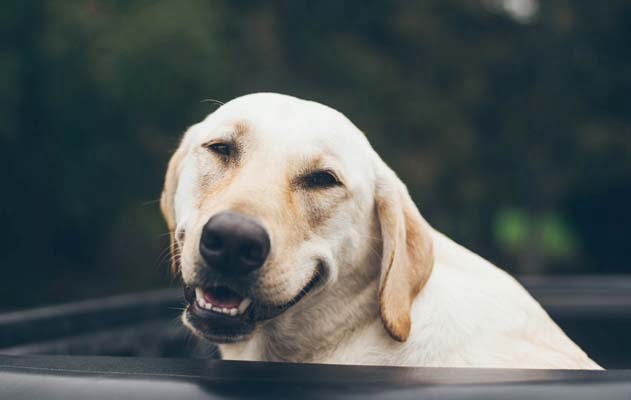
Just like us, caring for your pet’s teeth is very important and can be a source of pain if the teeth get to a point where there is severe periodontal disease (gum disease). As part of your pet’s physical examination, your vet will examine your dog’s teeth to look for signs of dental disease and this includes gingivitis (inflamed gums), tartar build-up and fractured teeth, which can cause a painful tooth root abscess. If there are any dental problems, a dental procedure is recommended to perform a dental scale and polish, which can be performed at Turramurra Veterinary Hospital. Dental chews such as the Oravet chews and dental diets such as Hills T/D (teeth diet) are helpful to slow down tartar formation after your pet’s dental is performed. So if you’re concerned about ‘doggy breath’, it’s more than likely that your dog needs a trip to the vet!
3) My cat is not using their litter box, is something wrong?
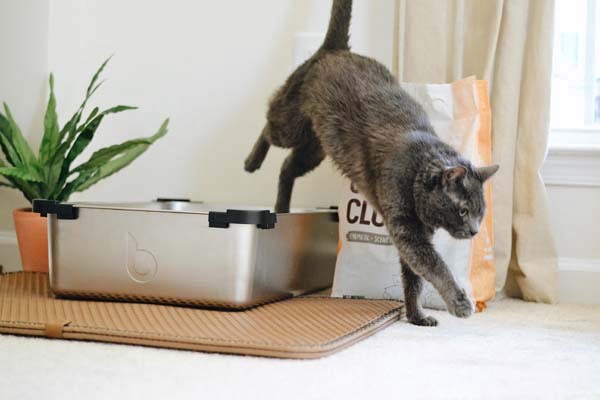
If your cat suddenly stops using their litter box, this could be a sign that there is something wrong with your cat’s bladder or the toilet you have provided is simply not up to scratch!
Sometimes cats develop FLUTD which stands for Feline Lower Urinary Tract Disease, which is an inflamed bladder, leading to painful urination of small amounts of urine, which may have some blood present. If your cat has a painful experience inside the litter tray, your cat may associate urinating in the litter tray with pain, so choose other spots to urinate instead. This can sometimes happen after a stressful event, or in multi-cat households. In male cats, FLUTD can be life-threatening, particularly if crystals accumulate and block urine from exiting the bladder altogether. So first and foremost, it is important to have your cat examined by one of our vets to ensure there is nothing medically wrong causing the issue. If a medical problem is ruled out as the cause, then we can look at ensuring that the litter box provided is of ‘royal feline standard’.
Here are 5 Ways to Help your Cat Love their Litter Box.
We hope you have enjoyed our newsletter. We are always happy to receive feedback from our clients, so feel free to send a message to our business manager, Elyse Staber, via email to manager@turramurravet.com.au as we always strive to improve our service. Happy Easter!
Warm regards, your locally family-owned Turramurra Veterinary Hospital team.


